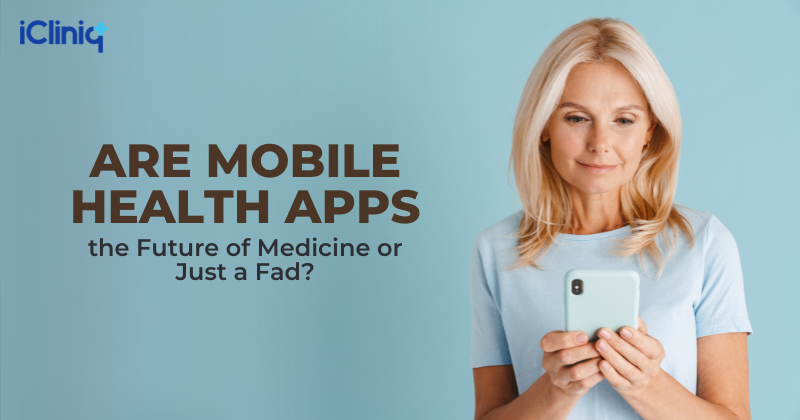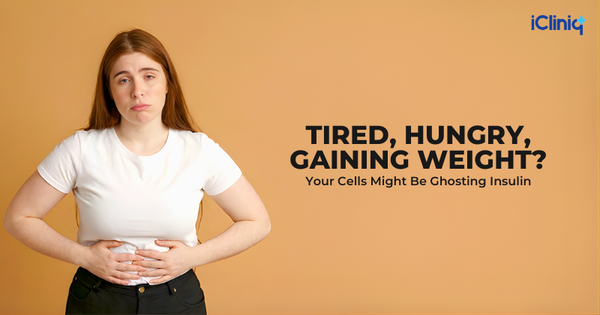Are Mobile Health Apps the Future of Medicine or Just a Fad?

A Revolution in Your Palm
With smartphones always within arm's reach, it's no surprise that medicine has found its way onto our screens. What began with simple step counters has evolved into powerful tools managing diabetes, tracking heart rhythms, and even connecting patients to doctors in seconds. But are these apps truly the future of medicine? Let's find out.
Convenience That Empowers Patients
Patients nowadays demand healthcare on their whim and fancy, and that's precisely what mobile apps allow. From appointment booking to reminders for medication, teleconsultation, and more, patients are in control of their healthcare process. That leads to increased patient empowerment and fewer visits to the clinic for petty problems.
Insights Beyond Numbers
Medical applications today are much more than just basic calorie journals. When used with wearable sensors, they collect ongoing streams of critical signs like blood pressure, glucose, and oxygen levels. Reporting them in real time allows physicians to identify issues before they become major problems, moving the focus of care from treating disease to preventing it.
Affordability and Accessibility at Scale
For millions who have no easy access to health facilities, mobile apps are a lifeline. Telemedicine and monitoring cut radically down on travel, time, and consultation charges. In low-resource settings, these apps level health, shattering traditional silos of geography and cost.
The AI Advantage in Diagnosis
Artificial intelligence is revolutionizing the mHealth potential. AI-powered symptom checkers, dermatology apps that identify skin cancer, and cardiac risk prediction algorithms are already redefining diagnosis. They are not replacements for doctors but improve accuracy and allow for faster decision-making.
Challenges on the Road Ahead
There are challenges to overcome despite the promise. Data privacy, regulatory weaknesses, and digital literacy are all essential matters. And not all on the apps is evidence-based or clinically proven, jeopardizing misinformation. To move mobile health to mainstream medicine, more integration with healthcare systems and better regulation must come.
Mobile health apps are not intended to substitute physicians but rather to augment their scope and empower patients. With technological developments and rules catching up, medicine's future is increasingly hybrid in form, where face-to-face consultations blend with online therapy. The stethoscope may not be substituted by the smartphone, but it will certainly be found sitting side by side as a powerful medical tool.




